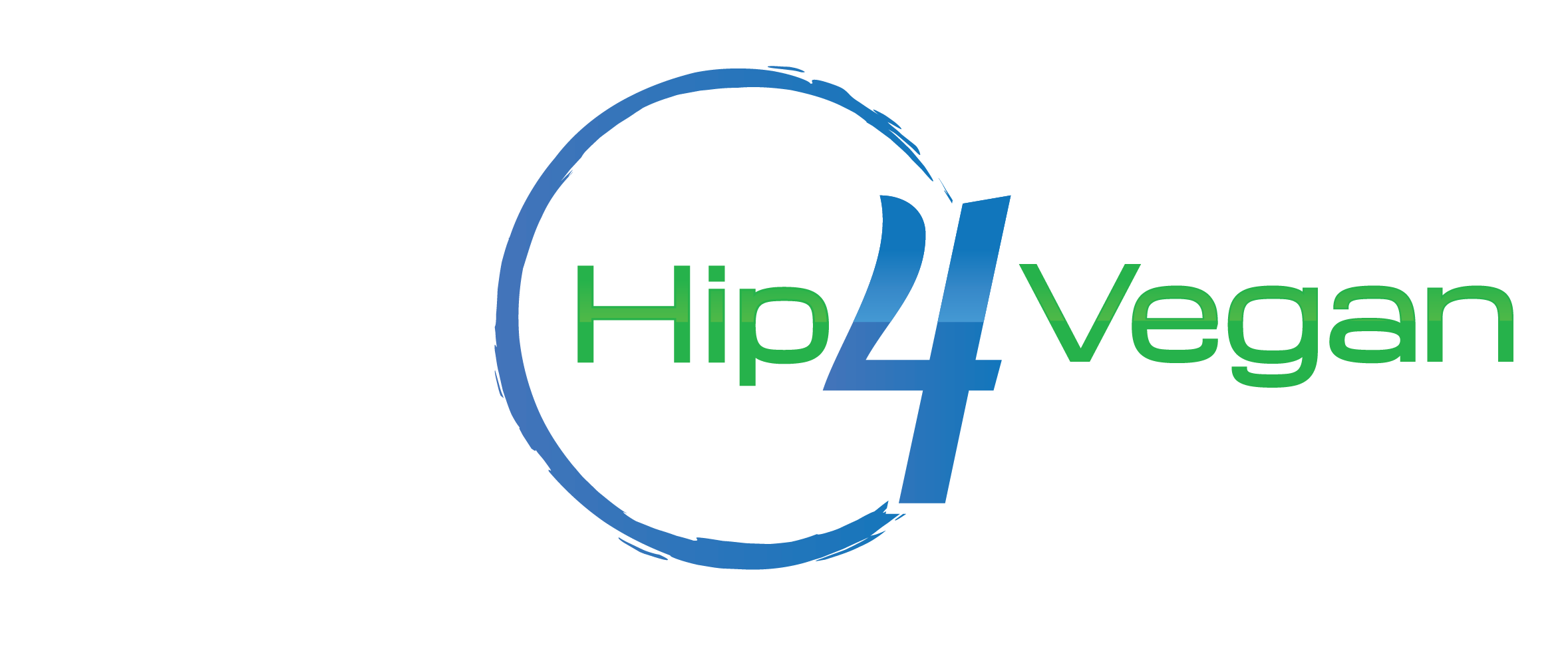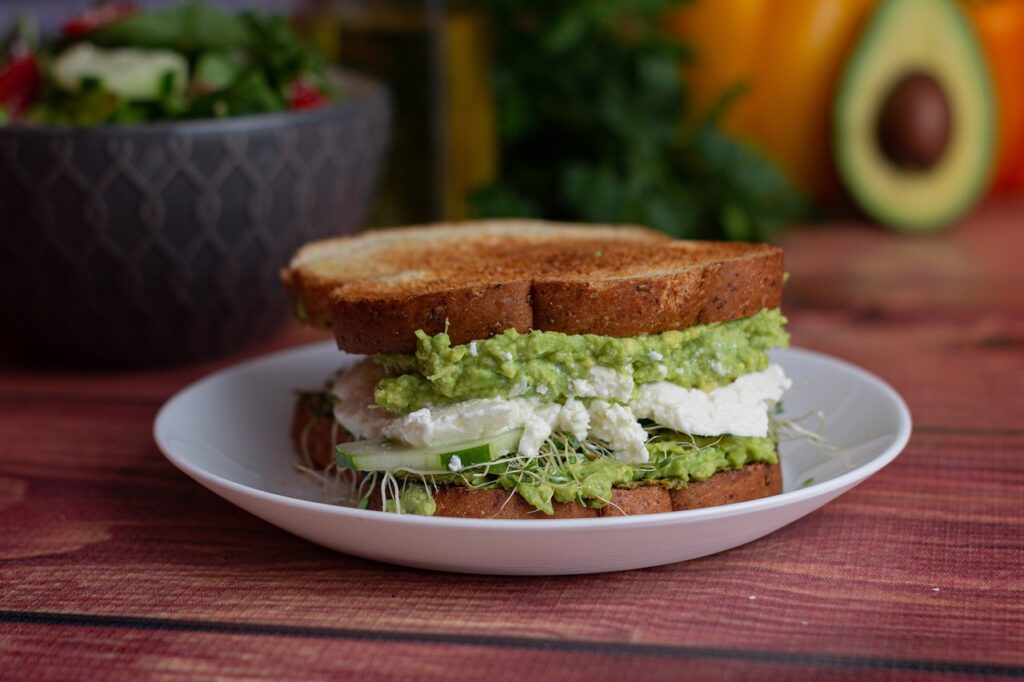Thinking about going vegan but feeling a tad overwhelmed? You’re not alone. Many people are interested in adopting a plant-based lifestyle for health, environmental, or ethical reasons, but the prospect of completely overhauling your diet can seem daunting. The good news is that transitioning to veganism doesn’t have to happen overnight. By taking it step by step, you can make the switch more manageable and sustainable. Here are our top 10 tips for gradually transitioning to a vegan diet.
1. Start With Meatless Mondays
Dedicating one day a week to plant-based meals is an excellent way to dip your toes into veganism. Use this day to experiment with new recipes and discover meat alternative. As you become more comfortable, you can increase the number of meat-free days each week.
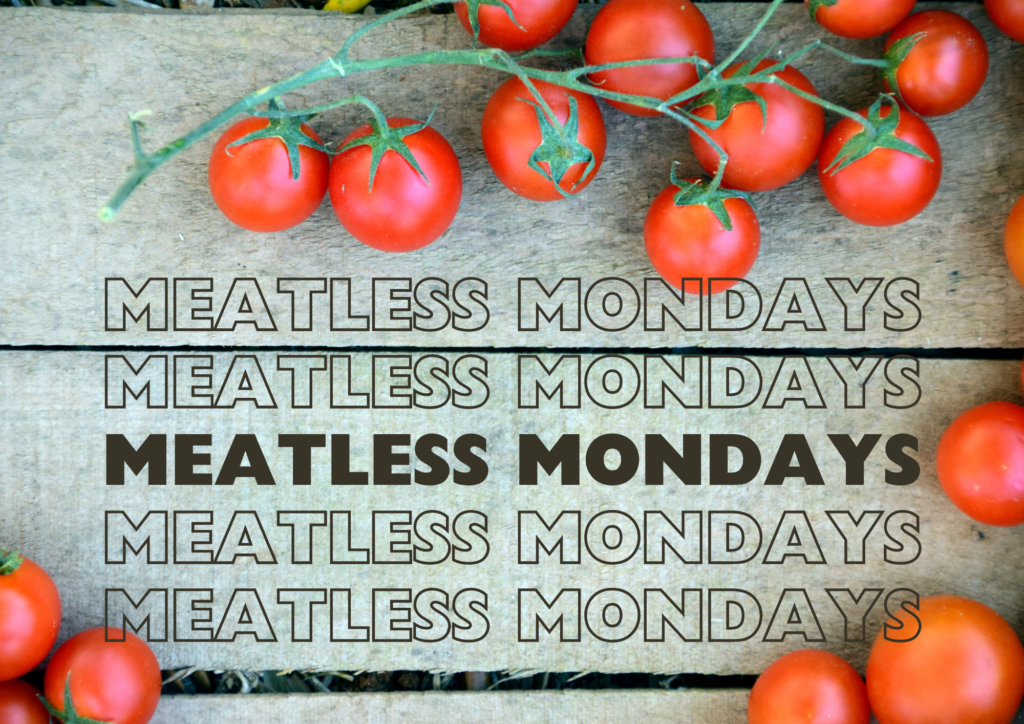
2. Veganize Your Favorite Dishes
Missing your go-to comfort foods? Try recreating them with plant-based ingredients. Love mac and cheese? There are countless vegan versions using nutritional yeast or cashew-based sauces. Craving burgers? Try bean patties or store-bought plant-based options. By adapting familiar recipes, you’ll find the transition is smoother.
3. Gradually Replace Animal Products
Instead of eliminating all animal products at once, start by replacing one at a time. Begin with dairy milk – try oat, almond, or soy milk in your coffee or cereal. Head over here where I break down the top 12 plant-based milks. Once you’re comfortable with that change, move on to replacing eggs, then cheese, and so on. This gradual approach allows your taste buds and habits to adjust more easily.
4. Explore New Plant-Based Proteins
Protein is often a concern for new vegans. Familiarize yourself with plant-based protein sources like lentils, chickpeas, tofu, tempeh, and seitan. Experiment with different preparation methods to find what you enjoy. Remember, many vegetables and grains also contain protein, so a varied diet will help you meet your needs.
5. Stock Up on Vegan Staples
Set yourself up for success by keeping your pantry and fridge stocked with vegan essentials. This includes a variety of fruits, vegetables, whole grains, legumes, nuts, and seeds. A must-have staple is Nutritional Yeast or “Nooch”, head over here to get the run-down! Having these on hand makes it easier to whip up quick and nutritious meals without resorting to non-vegan options.
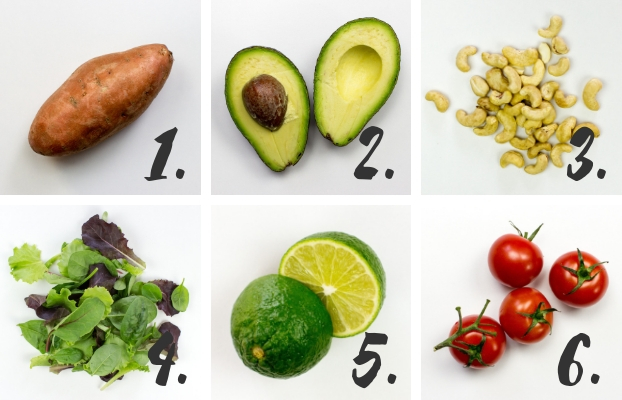
6. Learn to Read Labels
As you transition, get into the habit of reading ingredient labels. Animal products can lurk in unexpected places. Look out for ingredients like whey, casein, gelatin, and honey. Many products are now clearly labeled as vegan, making shopping easier.
7. Find Vegan-Friendly Restaurants
Eating out can be challenging when transitioning to veganism. Research vegan-friendly restaurants in your area or look up menus online before dining out. Many mainstream restaurants now offer plant-based options, and you might be surprised at the variety available. Downloading apps such as Yelp, Vegan Maps, and HappyCow will help you locate vegan food in your area or wherever you are traveling to.

8. Connect with the Vegan Community
Join online vegan groups or local meetups. These communities can provide support, recipe ideas, and tips for navigating social situations. Sharing experiences with others on the same journey can be incredibly motivating and helpful.
9. Focus on What You're Gaining, Not Losing
Instead of dwelling on foods you’re giving up, focus on the exciting new ingredients and dishes you’re discovering. Veganism can open up a world of culinary exploration. From exotic fruits and vegetables to global cuisines that are naturally plant-based, there’s so much to discover.
10. Be Kind to Yourself
Remember, transitioning to veganism is a journey, not a destination. Don’t beat yourself up if you slip up or have moments of doubt. Every plant-based meal is a step in the right direction. Celebrate your progress and learn from setbacks.
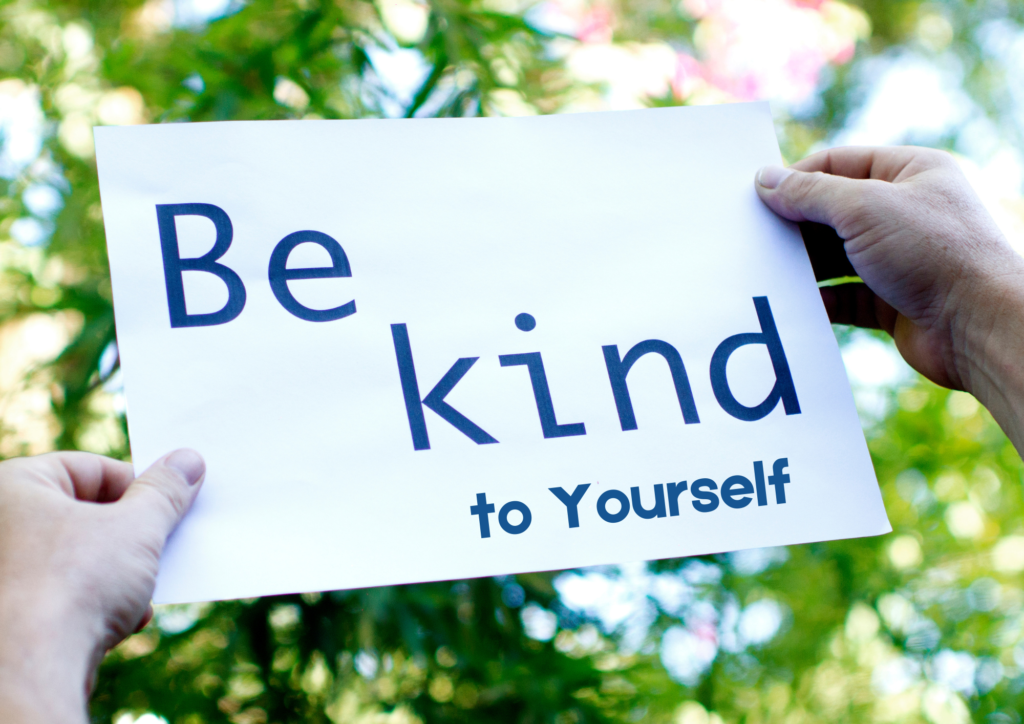
Bonus Tip: Supplement Wisely
As you transition to a fully vegan diet, it’s important to ensure you’re getting all necessary nutrients. Consider taking a vitamin B12 supplement, as this nutrient is primarily found in animal products. Consult with a healthcare provider or registered dietician to discuss your individual needs.
Transitioning to a vegan diet doesn’t have to be an all-or-nothing proposition. By taking it step by step and being patient with yourself, you can make lasting changes that benefit your health, the environment, and animals.
Remember, every journey begins with a single step. Start where you are, use what you have, and do what you can. Before you know it, you’ll be thriving on a plant-based diet and wondering why you didn’t start sooner!
